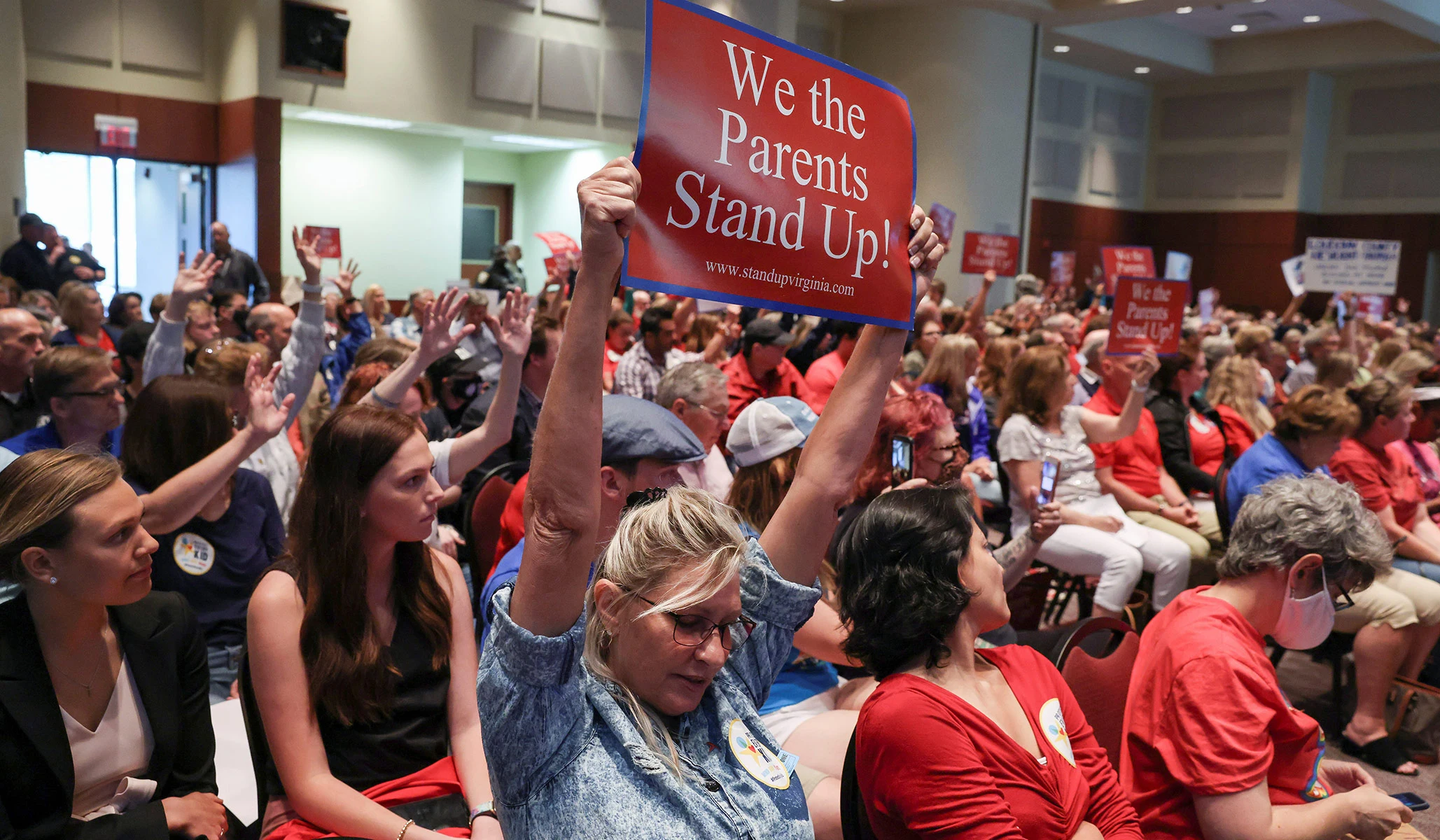The corporate press has taken a side in the ongoing battle between conservative parents and school administrators over the future of education in the United States. Major news organizations have repeatedly sided with teachers on Covid-19 school closures, even after the closures no longer made sense. They have given teachers’ strikes a kid-glove treatment, despite their increasingly unreasonable and self-serving nature. The press has also promoted a negative and slanderous view of homeschooling, similar to that pushed by leading school officials.
The overlap in interests and beliefs between the press and the education establishment is hardly coincidental. For example, the Associated Press recently published a headline that reads “As conservatives target schools, LGBTQ+ kids and students of color feel less safe.” The loaded terms in the headline alone are concerning, but the article itself is even worse. The main thrust of the story matches what teachers and activist groups (erroneously) claim about schools’ “bans.”
The article focuses on a group of anxious teenagers, including Harmony Kennedy, 16, who sincerely believe that minority representation is being erased from school curricula all over the country, including in Tennessee. The state recently passed legislation that prohibits schools from receiving public funding if their curricula promote “divisive concepts,” including that “one race or sex is inherently superior or inferior to another race or sex” or that “this state or the United States is fundamentally or irredeemably racist or sexist,” among other concepts. The state’s definition of “divisive concepts” also includes the promotion of “division between, or resentment of, a race, sex, religion, creed, nonviolent political affiliation, social class, or class of people,” as well as “stereotyping” or “scapegoating” on the basis of race or sex.
The article fails to mention that the term “African American” appears 54 times in Tennessee’s current social studies standards, and the state’s standards include specific mentions of the Civil Rights Movement, Brown v. Board of Education, and legal victories of the Civil Rights Movement. The article regurgitates the fears of the teenager without correcting her tenuous grasp of reality.
The report concludes by lamenting that “as conservative politicians and activists push for limits on discussions of race, gender, and sexuality, some students say the measures targeting aspects of their identity have made them less welcome in American schools” and claims that schools are “the one place all kids are supposed to feel safe.” This advocacy-style reporting is concerning, as it plays a role in scaring teenagers needlessly.
Associated Press staffers are likely aware of what the Tennessee law actually says and that African-American history is still being taught in the state. The fact that the reporters and editors chose to include a sleazy line that prioritizes the teenager’s feelings over the truth is concerning. This type of advocacy always seems to favor school administrators and bureaucrats, and it cannot be overlooked. Mainstream news outlets tend to side with academic bureaucrats and teachers’ unions nearly every time, whether it’s school closures, fights over hypersexual curricula, or homeschooling versus public schooling.

